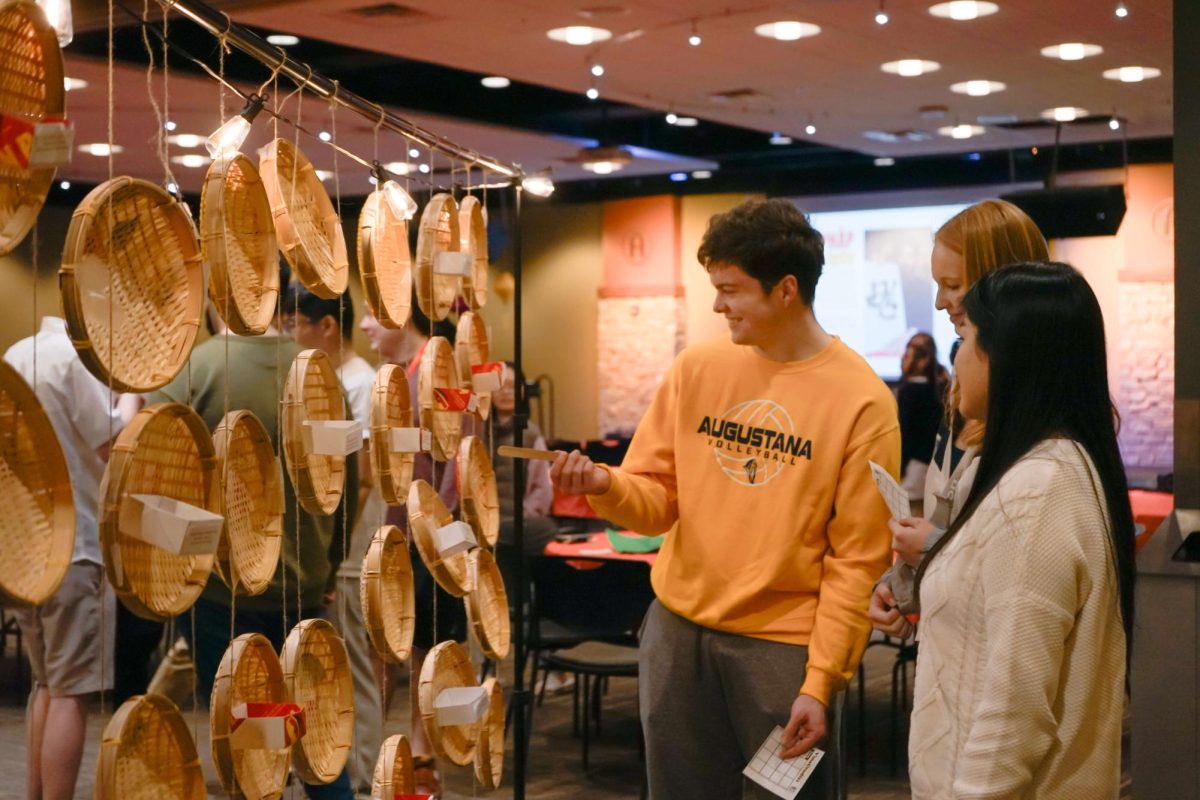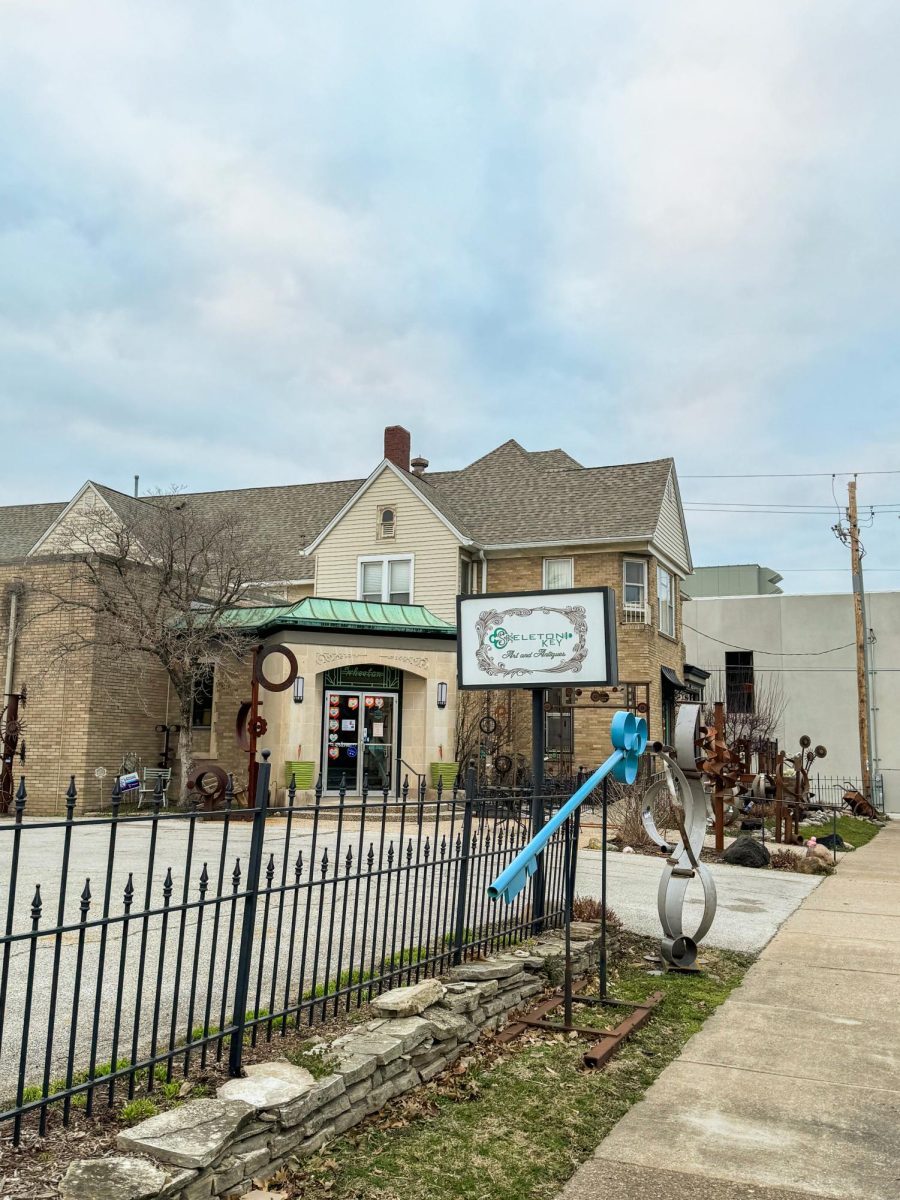Consumers crave store bargains on Black Friday as much as they do the turkey and stuffing the day before. Or, at least, they used to until the shopping holiday began to lose its original excitement.
According to the U.S. News and World Report, “About 74 million Americans reportedly shopped at a physical retail location on Friday. Overall, Black Friday sales at retail stores were down more than 10 percent year over year, according to consumer research firm ShopperTrak.”
“One reason you’re going to see the idea of Black Friday diminish is because it’s stretched throughout an entire week,” said Tristan Coughlin, assistant professor of economics. “The thing that really made it special was that it was a one-day, big event.”
Stores now have advertisements promoting “pre-Black Friday sales” or the idea of a “Black Friday Week.” Those corporations who do not use these tactics still take away from the lure of early morning shopping on Friday, as many begin their Black Friday sales on Thursday afternoon or evening.
“Having all of these early sales defeats the magnitude of that one day,” Coughlin said.
For example, two large companies, Best Buy and WalMart, began their Black Friday deals on Thanksgiving evening, at 5 p.m. and 6 p.m., respectively.
Consumers, like first-year Allison Shire, do not like the fact that Black Friday is taking over the Thanksgiving holiday.
“I enjoy the sales,” Shire said. “However, I do not enjoy when Black Friday starts on Thanksgiving.”
Sophomore Morgan Mowbray despises the idea of Black Friday altogether.
“I avoid Black Friday at all costs,” Mowbray said. “I hate the crowds and all of the people. I think everyone should be home with their families, especially the people that are working to give everyone those sales.”
Some retailers, such as TJX Companies, Inc. (TJ Maxx, HomeGoods, Marshalls, etc.), are attempting to combat this newly developed perception of Black Friday through their holiday commercials.
In one commercial TJX Companies, Inc., discuss how they would rather have their shoppers wrestling for “pumpkin pie” instead of cheap clothes on sale in a self-proclaimed effort to “bring back the holidays.”
Yet, regardless of how many stores try to continue capturing the spirit of the holiday, the focus is gradually shifting to become more commercialized and less focused on the true meaning of the holiday celebrations.
According to ShopperTrak, “Thanksgiving Day, a notably controversial day for retail, grossed an estimated $1.8 billion in sales.”
However, the idea of Black Friday may soon be an old fad. The spirit of the shopping holiday is slowly losing its original draw, with in-store sales beginning prior to Friday and the prominence of cybershopping.
“It seems like a lot of people are foregoing the crowds and just shopping online,” Coughlin said.
The U.S. News and World Report reiterated this idea by stating, “For the first time in the holiday’s history, the number of online Black Friday shoppers slightly outnumbered those that journeyed into retail stores, according to a report released Sunday by the National Retail Federation.”
One last cause of the “death” of Black Friday, is the continually struggling economy.
“The economy is not extremely healthy right now,” Coughlin said. “There’s not as much buying power out there.”
This economic impact is especially trying for people who belong to the middle class, as they make up most of the consumer population.
“People within the middle class are finding themselves deeper in debt,” Coughlin said. “The lower amount of purchasing will last awhile, until the middle class sees an increase in wages.”

















































































































